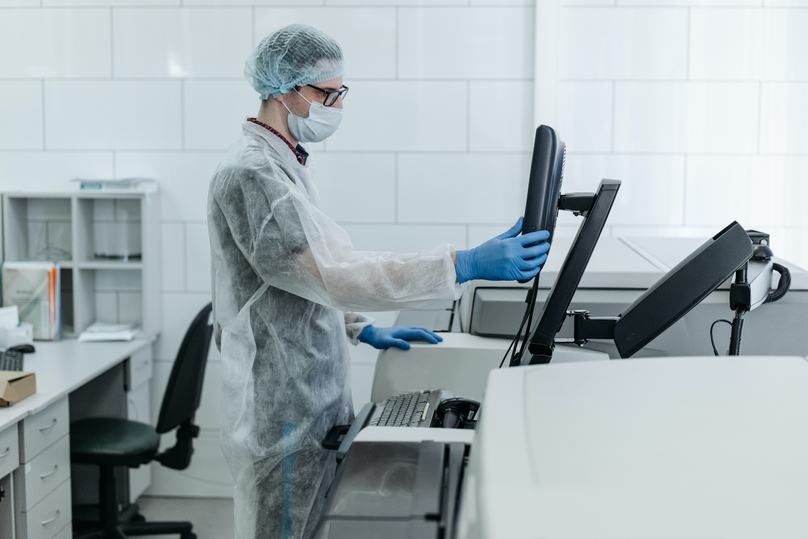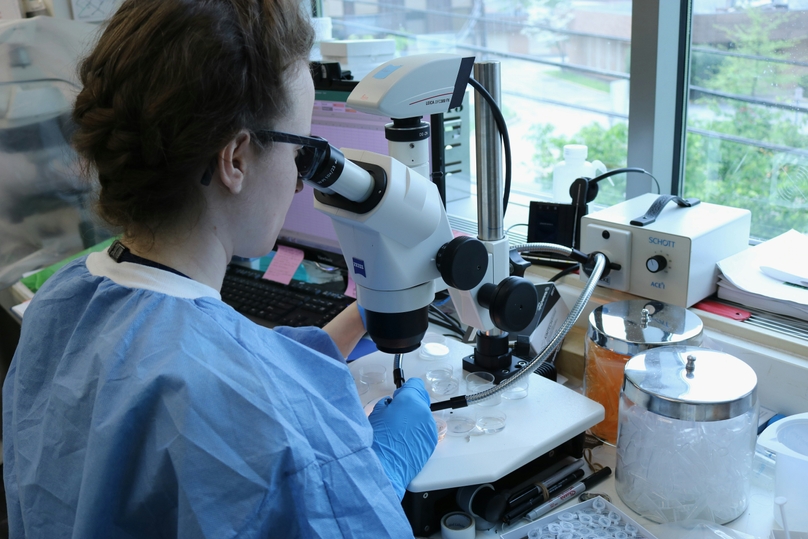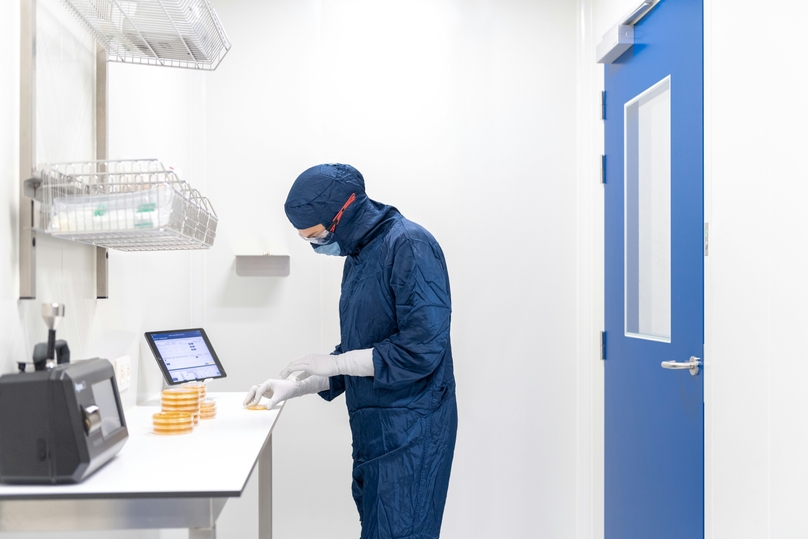What Is Laboratory Information System Software?
A Laboratory Information System (LIS) is a software solution designed to facilitates medical data processing, storage, and management. This includes medical and diagnostic processes, test procedures, and results. Automating these procedures improves workflow efficiency and productivity and reduces the risk of error. Standard LIS functionality includes these components:
Patient management
Patient information tracking
Lab test orders
Workflow optimization
Creation of analytical reports
Medical billing
In this article, we will outline the differences between a LIMS and a LIS and also explain the functions and benefits of a LIS.
LIS vs. LIMS
The terms Laboratory Information System (LIS) and Laboratory Information Management System (LIMS) are often mistakenly used interchangeably. However, there are significant differences between the two systems and their uses.
The main distinction is that a LIS is used within a healthcare provider setting, such as a hospital, to manage diagnostics. The use of LIMS, on the other hand, is typically associated with analytical testing within a lab, for example, tests and experiments related to research in pharmaceuticals, agriculture, environmental control, and food and chemical manufacturing.
Whatever type of clinical lab they are used in, LIS and LIMS do have several things in common. For example, they both automate and optimize workflow, manage inventory of samples, and produce test results. When deciding whether your lab needs a LIS or a LIMS, the most important factor to consider is how you use your lab results within your clinical setting.
Benefits of LIS Software
LIS software has numerous benefits for labs specifically related to healthcare. Suppose your clinical laboratory specializes in diagnostic lab testing for patients, in immunology, microbiology, anatomic pathology, or toxicology. In that case, a lab information system can have several benefits, including:
Sample tracking: LIS software usually incorporates a workflow manager that can track samples in real-time from the moment the sample is collected. The tracking process begins with creating a barcoded label for the sample for correct identification through each stage of the analytical process.
Time-saving: Sample transference between centers is one of the most time-consuming parts of the procedure because of processing and re-registration protocols. A well-developed LIS will have a tracking model that can simplify this procedure and prevent the loss and misidentification of samples.
Logistics management: LIS software improves the efficiency of logistics management by assigning a unique barcode to each sample. This enables allocating necessary resources before the sample reaches the lab for processing. It can also help to update and maintain electronic health records (EHR) throughout the healthcare system.
Error elimination: If samples become lost or misidentified, or results are delayed, it can cause serious patient issues, even fatalities. When lab devices and procedures are integrated into a single LIS platform, not only does this reduce hours of manual labor, but also significantly reduces the risk of human error.
Better Workflow Management
As we mentioned above, because LIS software modules automate laboratory processes, they eliminate manual data entry. This allows for patient information interface and test ordering with a healthcare provider’s EHR/EMR system. In this way, LIS software systems speed up the pre-analytic workflow.
Workflow efficiency and error elimination are vital for optimal patient care in today's complex healthcare arena. A dedicated LIS software solution can help your team manage quality control and compliance complexities within a clinical lab setting.
Improved Patient Data Tracking
These days, healthcare data is generated over a wide range of clinical sources. Keeping this information integrated efficiently can be a serious challenge. Meeting this challenge requires efficient communication between patients and their physicians and a software solution that can collate, maintain, store, and allow sharing of vital patient information. This is where a LIS comes into its own.
It can improve patient data tracking and allow access to each patient’s medical history from a single source. A LIS also increases the quality of patient care and enables lab technicians to develop deeper insights into specific medical conditions. The information can be accessed from anywhere, whether it involves details about a recent test or patient's whereabouts in the healthcare system while keeping you HIPPA compliant.
Streamlined Lab Test Ordering
Sending samples for lab testing, tracking and organizing test results involves complex procedures. A LIS can streamline lab test ordering in two critical ways. These include:
Connectivity: Thanks to LIS connectivity, you can stay abreast with the samples at each step of the testing procedure. Samples won’t get lost, and results will arrive on time.
Validation: Labs implement a validation process to ensure that all laboratory test results are accurate and precise. A LIS can streamline test ordering by maintaining consistency throughout the ordering process. It can also ensure conformity to CLIA.
Upgraded Quality Control
Quality control is vital in any lab to detect errors and correct them before they travel too far down the line and affect the whole laboratory process. Quality control also prevents errors from being repeated. For lab teams to detect errors effectively and efficiently, a LIS can give your clinical setting peace of mind by automating your quality control process.
You can use LIS data management to log all your quality control assessments, tests, and reports. This will help with regulatory compliance and provide decision support to all end users. A LIS also allows all quality control informatics to be shared with the team members who need it, as and when required.
What Are Laboratory Information Management Systems?
A LIMS is a database, and then some. The most helpful LIMS has three main functions:
Storage organization
Sample tracking
Protocol execution
However, superior LIMS also have optional add-ons that can improve your team's workflow, accuracy, and efficiency even more. These may include a customizable virtual freezer, automated data entry, an intuitive search bar, and a user-friendly dashboard that can be accessed by any of your team members wherever they are.
LIMS are already being used to automate many fields, including the following:
Immunology
Microbiology
Anatomic Pathology
Hematology
Toxicology
Improve Your Lab’s Workflow with a LIMS from Genemod
If you need more assistance than a LIS can offer, Genemod has a range of software solutions to make your lab run more efficiently and cost-effectively. Whether you’re looking for a LIMS, a collaboration solution, or superior lab automation, Genemod’s software is designed with superior interoperability, which allows your team to share lab testing data and conduct sample tracking data in real-time wherever they are.
The best clinical laboratories throughout the United States are already implementing Genemod software. If you want to learn how to raise intelligence across all your laboratory systems, contact us today
















